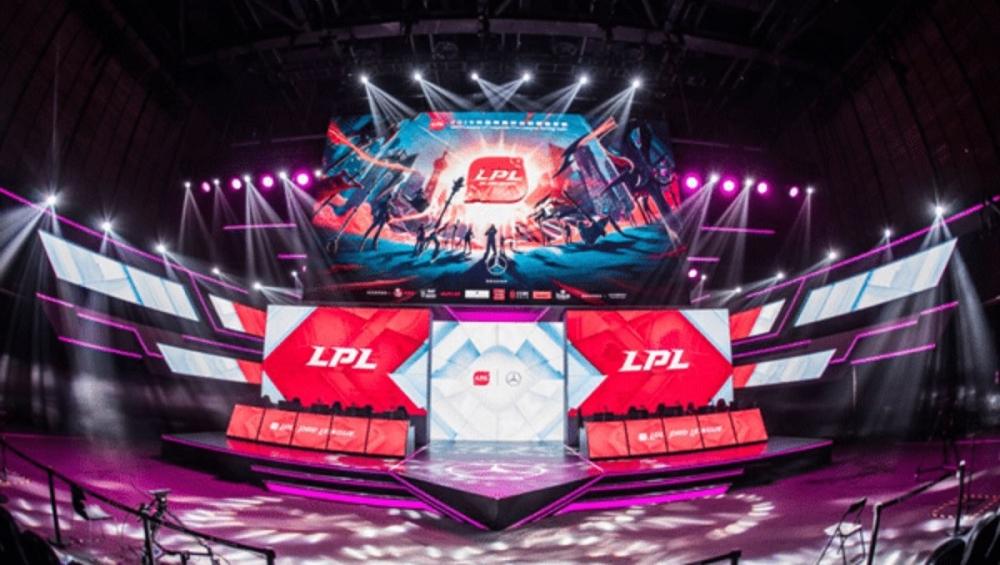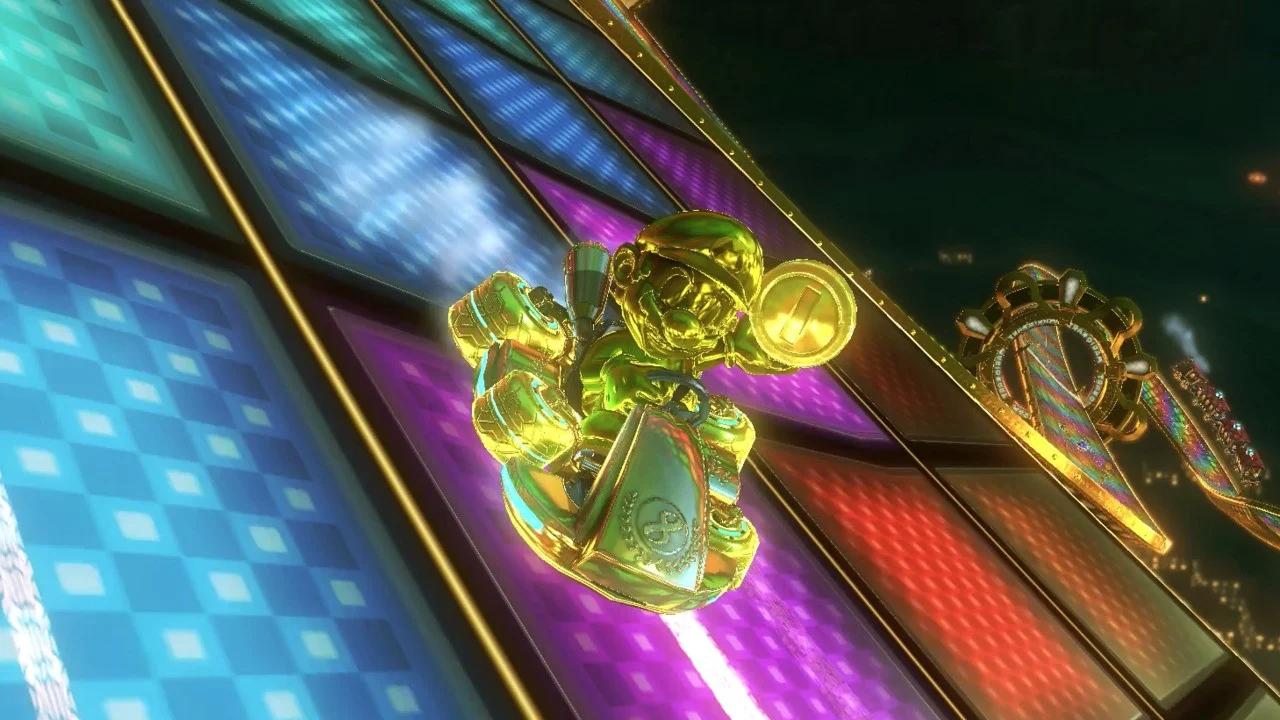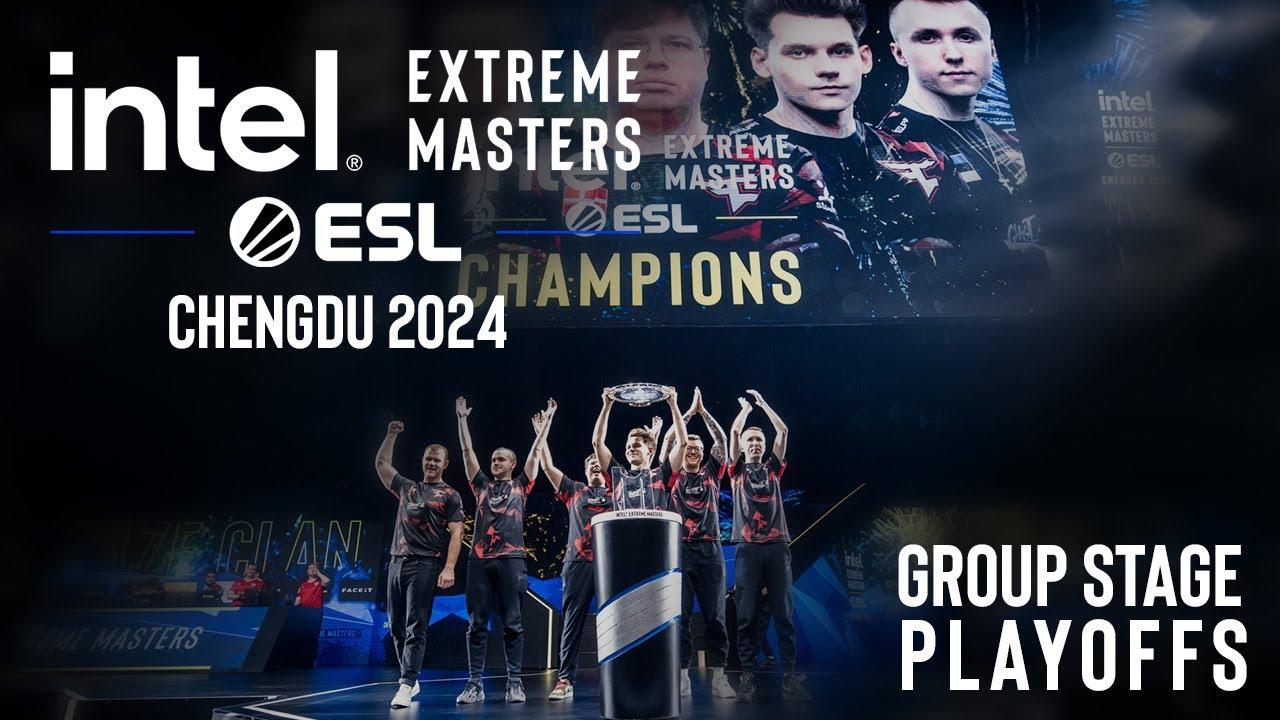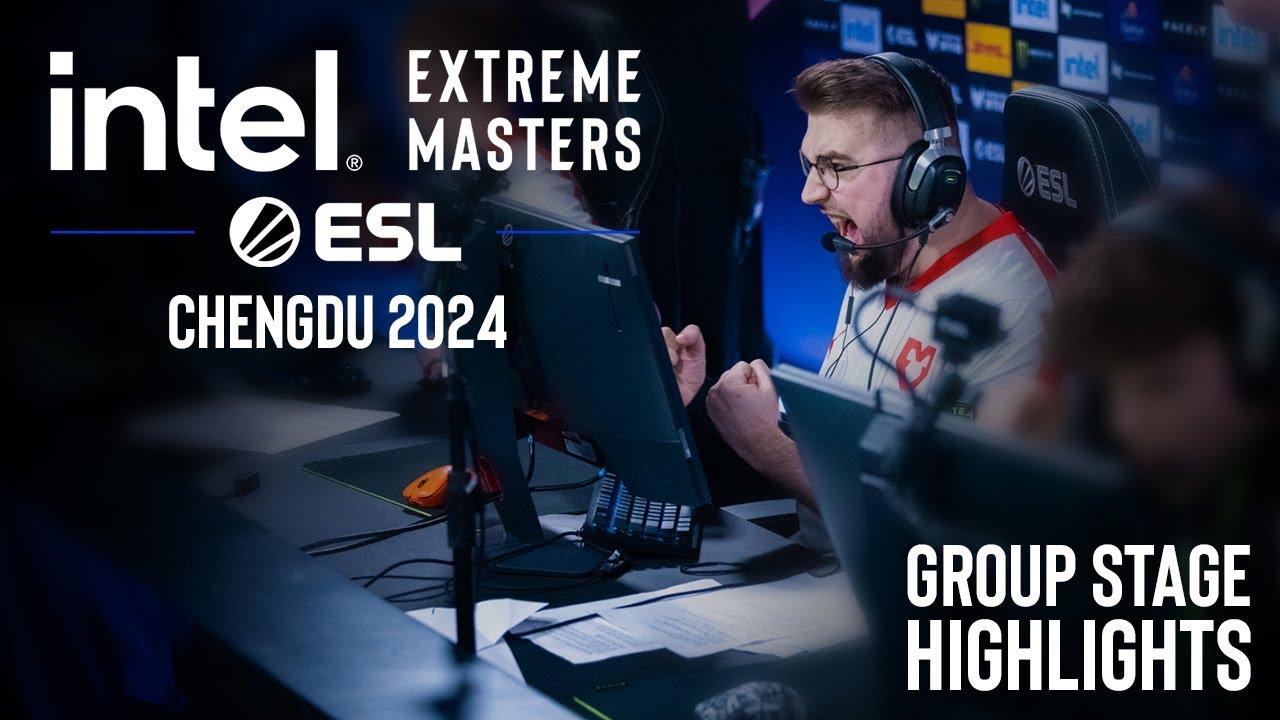
LPL introduces salary cap, and it might be bad for pro players
China’s top League of Legends league is looking to emulate traditional sports leagues, but not necessarily a good way.
According to Lan Xiong Sports, the league announced its plans to implement an NBA-style salary cap starting with the 2021 season. This carries serious ramifications for how teams will be built in the LPL and could be a big hit to the finances of players in the region.
At the Global Esports Summit and Tencent Esports Annual Conference, it was revealed that the LPL will be imposing a soft salary cap with a baseline of 10 million Chinese yuan, approximately $1.5 million per team. Unlike the NFL, which bars teams from exceeding a certain limit in player salary, the LPL will have a “luxury tax” which will essentially fine teams that exceed the salary cap.
The NBA’s luxury tax redistributes those fines to teams that do not exceed the luxury tax, but it is unclear if the LPL will be doing the same.
It was not specified where the luxury tax will begin being implemented. It is also unclear whether there is a salary floor that forces all teams to have a minimum amount of money paid out to their players. There were no details provided on how the salary cap could be adjusted over time.
There will also be exceptions for the salary cap when signing rookies and importing players from outside China.
Finally, player salaries will be determined by an “honor system.” Players’ stats and a handful of other factors will be used to calculate their “honor rating,” which will be used in determining the maximum salary that individual players are eligible for. Information on the system and the upper limits of each player’s salary will be made publicly available.
The salary cap will be slowly rolled out after the end of the 2020 season and through 2021 in order to give teams the opportunity to adjust to the new rules. After the 2021 season, rules regarding the salary cap will be more strictly enforced.
LPL moves to strip bargaining power from players with salary cap
Salary caps are a standard part of many sports leagues, with the NFL, NBA, and NHL all having specific numbers regarding how much a team can spend on salaries and limits regarding how much players can make. The key difference between the LPL and those traditional sports leagues is that those traditional sports leagues have powerful player associations to guarantee that the interests of players are served.
With no LPL players association, the league and organizations are making a deliberate move to limit players’ ability to earn money during their prime years. A salary cap will inherently limit the income of players, but just as concerning is the “honor system” that will essentially strip their bargaining power entirely.
Setting guidelines for players based upon in-game stats is problematic for a number of reasons. In addition to discounting intangible qualities that can help propel a team to victory, it also lessens players’ abilities to negotiate based upon the availability of players in their position at any given point.
For example, if a proven jungler is a free agent during a season where there are limited options available for teams in that position, that jungler has increased bargaining power when negotiating. This would likely remove that leverage by pinning a specific value on him that teams won’t have to exceed.
There are already concerns that such a system could encourage players to pad individual stats in order to increase their potential compensation, even at the expense of their teams. But without further detail, it’s hard to know exactly how this impact will be felt.
The LPL notes that it will be working with financial experts to guarantee fair treatment, but without players being able to influence the selection of these experts, it’s questionable how fair things can truly be.
Recommended

How many coins do you need to unlock everything in Mario Kart 8 Deluxe?
You’ll need a good amount of coins to unlock everything in Mario Kart 8 Deluxe.

The best Content Warning mods and how to install them
Let’s spice it up a bit.

What is The Hour of Joy in Poppy Playtime?
Here’s what went down all those years ago…





